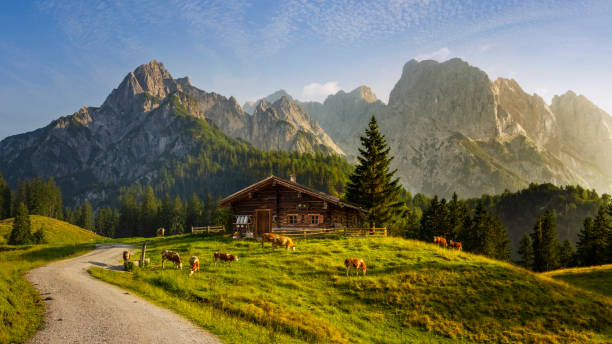From Farm to Fumes: The Hidden Climate Cost of Our Food
Agriculture, the very act of feeding ourselves, is surprisingly a significant contributor to climate change. While emissions from cars and factories often grab the headlines, the greenhouse gases wafting from our farms and fields deserve a closer look.
Silent Sources, Potent Problem
Unlike the smokestacks and tailpipes that spew carbon dioxide directly, agriculture’s emissions are more nuanced. They come from a complex interplay of processes, primarily:
Livestock

Cows, sheep, and other ruminant animals burp methane, a potent greenhouse gas, as they digest their food. Manure management also releases methane and nitrous oxide, another powerful warming agent.
Soils
Fertilizers and tilling practices disrupt the natural balance of soil microbes, leading to nitrous oxide emissions. Nitrogen-fixing crops like soybeans can also contribute.
Land Use
Deforestation and converting natural lands to agriculture release stored carbon and disrupt natural carbon sequestration processes.
Cultivating Change
The good news is that solutions are sprouting! Innovative practices and technologies are emerging to reduce agricultural emissions and build a more sustainable food system. Here are some promising avenues:
Improved feed and grazing management
Optimizing animal diets and pasture management can significantly reduce methane emissions from livestock.
Precision agriculture
Using technology to target fertilizer application and irrigation can minimize soil emissions while maximizing crop yields.
Embracing cover crops and organic farming
These practices improve soil health and carbon sequestration, contributing to a more remarkable planet.
Supporting sustainable protein sources
Shifting towards plant-based proteins and exploring alternative protein sources like insects can lower the overall environmental footprint of our diets.
Final Thought
Our choices on our plates and in our fields today will determine the climate we eat tomorrow. By embracing sustainable agricultural practices and dietary shifts, we can nourish ourselves and the planet, ensuring a bountiful harvest for future generations.

